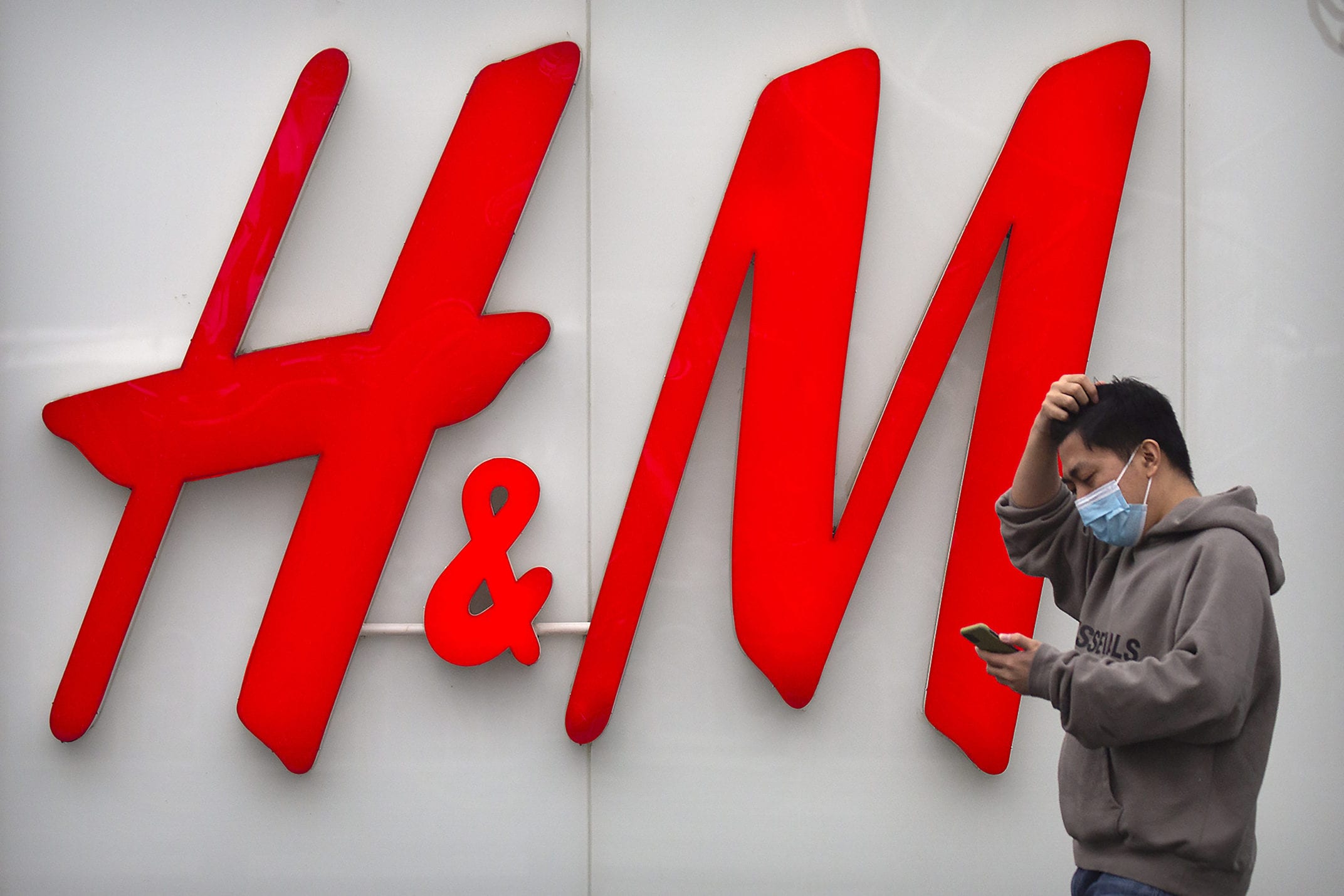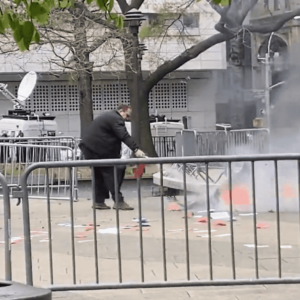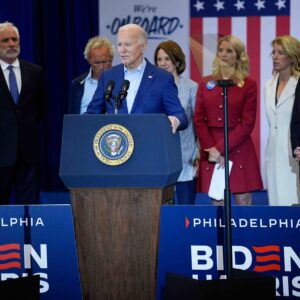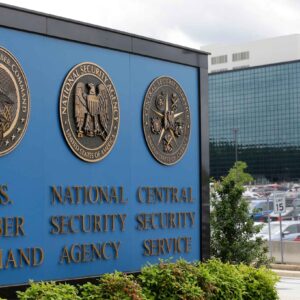The global fight about perception over human rights is firmly in the spotlight this weekend, following Western critiques and Beijing boycotts.
China urged a boycott of Western retailers after the U.S., U.K., Canada and the European Union imposed sanctions over human-rights abuses against ethnic minority Uyghurs in Xinjiang.
Shares of H&M, Nike Inc. and others saw steep declines as Beijing endorsed the boycotts.
Chinese celebrities including Wang Yibo and Eason Chan cut ties with Adidas, New Balance and Japan’s Uniqlo.
Pop star Wang’s decision on withdrawing as a Nike “brand ambassador” didn’t mention Xinjiang. It said he “firmly resists any words and actions that pollute China.”
Singer and actress Song Qian, also known as Victoria Song, and actor Huang Xuan announced they would end partnerships with H&M. Actress Tan Songyun said she was breaking ties with Nike.
Concurrently, manufacturers based in China are promoting the purchases of cotton made from Xinjiang.
The reaction can be translated as an attempt to fight President Joe Biden’s stepped-up agenda against China’s human rights issues.
Chinese President Xi Jinping’s government appears to be launching a more unified approach, with analysts saying this response that inflicts financial costs on companies will be popular at home.
Chinese diplomats are increasingly clear about their concern over outside meddling.
In the far-from-friendly talks with U.S. officials in Alaska last week, they underscored Xi’s administration doesn’t plan to tolerate “interference” in China’s “internal affairs,” including the topics of Hong Kong, Tibet and Taiwan.
The controversy intensified after Monday’s decision on sanctions by the 27-nation European Union, the United States, Britain and Canada. In addition to travel restrictions, they imposed financial sanctions on four Chinese officials blamed for abuses in Xinjiang.
“The so-called existence of forced labor in the Xinjiang region is totally fictitious,” said a Commerce Ministry spokesman, Gao Feng.


















Add comment